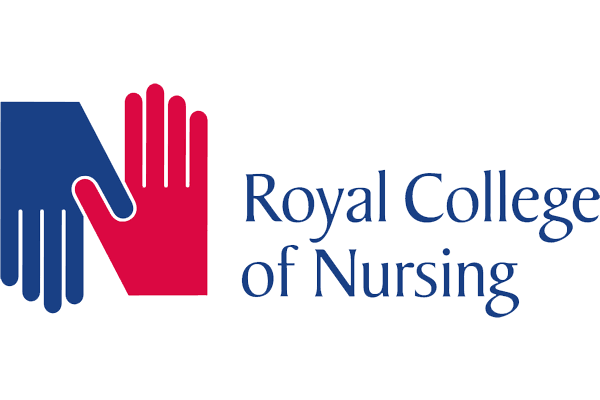What is Long Covid?
Long Covid is a term to describe the effects of Covid-19 that continue beyond the initial illness.
Many people who suffer with Covid-19 go on to make a full recovery, however for some the symptoms can last for longer. The health watchdog (NICE) defines Long Covid as a condition lasting for more than 12 weeks.
What are the symptoms of Long Covid?
Although most people recover quickly, for some, the effects of the virus can last for weeks or even months. For some, it can seem like a cycle of improving health for a time but then getting worse again.
Common Long Covid symptoms include:
- Extreme tiredness (fatigue)
- Shortness of breath
- Chest pain or tightness
- Problems with memory and concentration (brain fog)
- Difficulty sleeping (insomnia)
- Heart palpitations
- Dizziness
- Pins and needles
- Joint pain
- Brain fog, depression or anxiety
- Tinnitus or earaches
- Feeling sick, diarrhoea, stomach aches, and/or loss of appetite
- A high temperature, cough, headaches, sore throat, changes to sense of smell or taste
- Skin rashes
Information for Employers
Employers should consider the health and wellbeing of employees who are experiencing symptoms of Long Covid and take positive steps to support them day to day. Until case law in this area is more established, you should consider Long Covid as a disability and meet the necessary legal obligations relating to employees with disabilities.
If an employee remains off sick, they might feel isolated and are likely to need support to return to work.
Employers should:
- Be understanding
- Keep in touch, but agree how and when to make contact during any absence
- Have wellbeing conversations for example by asking how they are feeling
- Talk about ways to support them as they begin to consider returning to work
The longer a person is absent from work, the harder any return will be. Getting back to work as quickly as a person can is a positive step to recovery and it can be therapeutic.
When the employee is feeling well enough to consider a return to work, employers must suggest steps which can be taken to support them to do this successfully as they are likely to continue to experience symptoms.
Managers should receive training and be offered guidance on how to suggest and implement reasonable adjustments. This helps to ensure that employees feel able to discuss their Long Covid challenges.
Practical steps HR teams and managers can take to help:
- Arrange an occupational health assessment
- Make changes to how and where the employee works, such as different working hours, hybrid home/office working arrangements
- Discuss adjustments, these should be specifically tailored to the range of symptoms suffered by the employee
- Introduce a phased return to work








